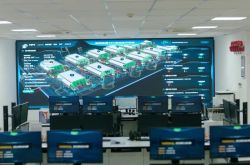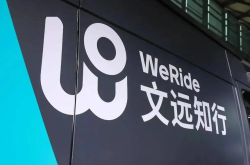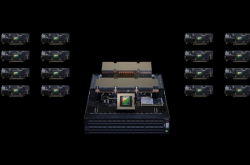State Power Investment Corporation joins Hikvision in research and development to overcome the rapid coal quality testing technology of fusion spectrum
![]() 10/24 2024
10/24 2024
![]() 421
421
For the first time, the new rapid coal quality testing technology has been successfully demonstrated in the entire coal industry chain to create a new model of coal quality control featuring "online measurement + digital supervision".
At 10:00 a.m. on October 24, at the Heidaigou Open-pit Coal Mine of the Zhunneng Group of State Power Investment Corporation, the core equipment for rapid coal quality testing installed in the middle of the 785 commercial coal conveyor belt at the Zhunneng Coal Preparation Plant was conducting real-time testing of the quality of commercial coal loaded for shipment that day. In just two minutes, data information covering multiple indicators such as calorific value, moisture content, ash content, and sulfur content had been transmitted to downstream coal users. This equipment can test all 41,000 tons of commercial coal loaded onto 10 trains that day, transmitting 10 sets of data per train and a total of 100 sets of data per day.
Meanwhile, at the Xilin Gol Thermal Power Plant of China Huaneng Group, commercial coal from Shengli Energy Company of State Power Investment Corporation is continuously being transported to the plant's coal bunker via a long-distance coal conveyor belt. Relying on the rapid settlement model that ensures the coal quality testing and belt weigher data are not lost, Shengli Energy has achieved automatic acquisition and real-time settlement of coal quantity and quality data. The testing accuracy has reached the level of traditional coal quality testing, and the transaction capital precipitation cost has also been significantly reduced. Settlement has changed from once a month to daily, reducing financial capital costs by more than 170,000 yuan per month.
These scenes that break through the traditional coal purchase and sale model represent significant technological breakthroughs in the coal consumption field brought about by State Power Investment Corporation's rapid coal quality testing technology of fusion spectrum. On October 24, the "AI Smart Measurement: Exploring the Future" rapid coal quality testing technology of fusion spectrum launch event was held in Beijing. The "rapid coal quality testing technology of fusion spectrum," jointly developed by State Power Investment Corporation and Hikvision under the China Electronics Technology Group Corporation, was officially unveiled, marking China's entry into a new era of artificial intelligence in the field of coal quantity and quality control. This technology has been successfully demonstrated for the first time across the entire coal industry chain, including coal production, electricity, transportation, and chemicals.
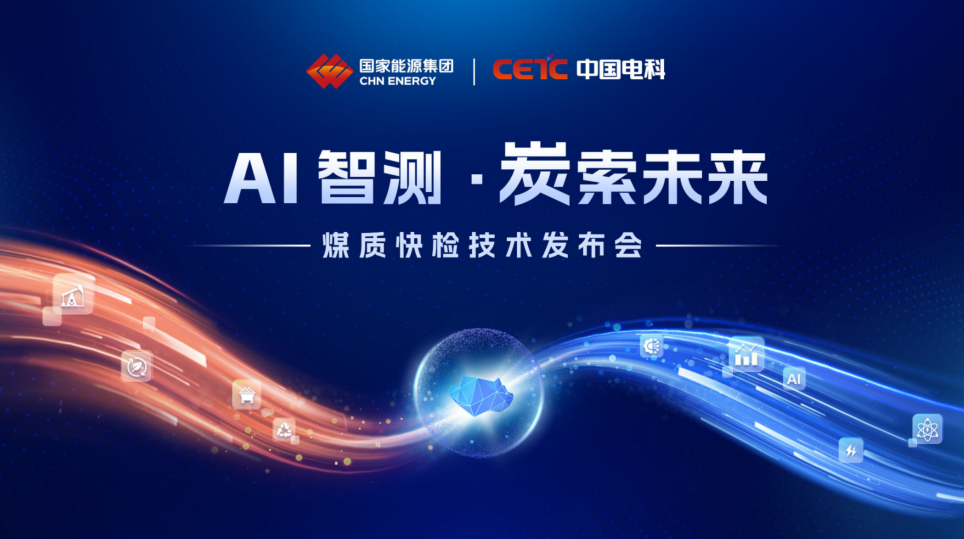
Coal is the cornerstone of China's energy resources. In 2023, China's raw coal production and imported coal amounted to a total of 5.184 billion tons, and the revenue of coal enterprises above designated size nationwide reached 3.5 trillion yuan. Coal quality data is a critical foundation for coal production, sales settlement, and utilization. For a long time, traditional coal quality testing technologies that rely on chemical methods have faced issues such as complex processes, significant operational differences, long procedures, slow data transmission, high risks, and long settlement cycles, severely restricting the clean and efficient use of coal. When a trainload of coal is loaded at an upstream loading station and then unloaded and inspected at a downstream coal user using traditional destructive chemical analysis methods, there are at least two inspections in between, making it difficult to ensure consistency in coal quality test results between upstream and downstream, which has long been a challenge for both buyers and sellers and has been difficult to adapt to the green and safe development needs of the coal industry chain and supply chain.
Previously, extensive research and development on rapid coal quality testing technologies have been conducted both domestically and internationally, gradually evolving into technical routes such as neutron activation, dual-energy gamma-ray, X-ray absorption, and near-infrared spectroscopy (NIRS). However, due to factors such as low testing accuracy and potential safety hazards from radioactive sources, mature and reliable technologies for large-scale commercial application have not been established. The "rapid coal quality testing technology of fusion spectrum" unveiled at this launch event is an original technology that integrates the core device for rapid coal quality testing, AI models, and a quantity and quality control platform. It achieves cross-disciplinary integration of artificial intelligence, spectroscopy, and chemistry, enabling precise testing of coal components such as calorific value, moisture content, ash content, and sulfur content. Based on dual-modal neural network AI technology, it utilizes deep neural networks to effectively fuse two types of sensory signals, represent data for a large number of coal components, and combine robust training to achieve rapid, accurate, robust, and non-destructive coal composition analysis. This technology addresses the issues of delayed, distorted, and costly testing data associated with traditional coal testing technologies, enabling real-time, fully automated online testing at both ends of the coal supply and demand chain.
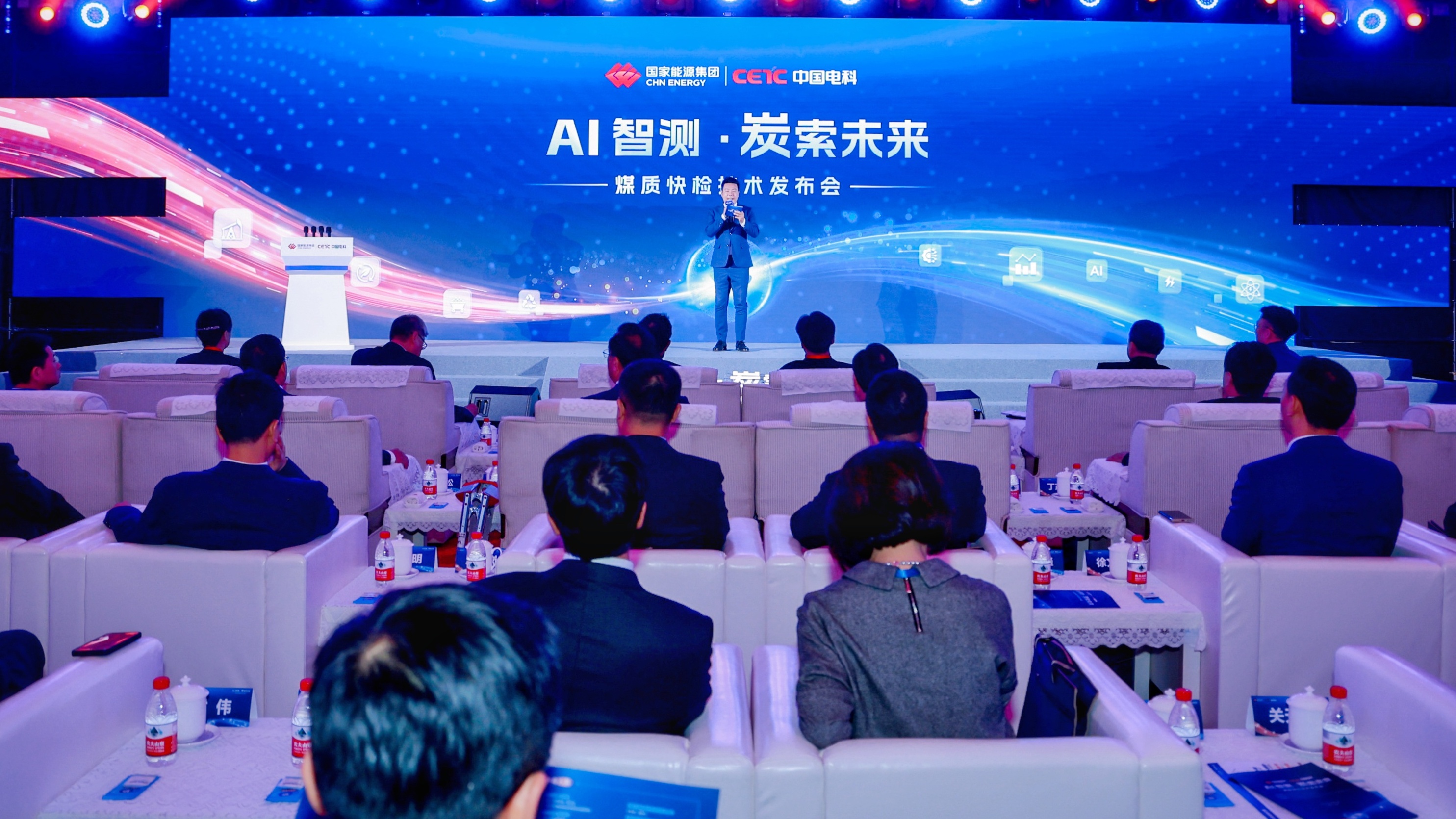
Indicators such as calorific value, total sulfur, ash content, and total moisture can be obtained within just two minutes after sampling an entire train. Compared to the traditional testing cycle of at least eight hours, this technology achieves real-time and precise acquisition of coal quality information. The representativeness of samples is exponentially enhanced, with the testing coal volume per train reaching over one ton, which is one million times the testing volume of traditional 1-gram coal samples, significantly improving sample representativeness and testing efficiency. The entire process is fully automated and unattended, transforming the traditional complex process of sampling, sample preparation, and analysis and establishing an efficient and transparent online testing model. In 2024, 10 products and equipment deployed for demonstration applications in nine units across four major coal-producing regions, ports, sales, power plants, and chemical industries of State Power Investment Corporation tested over 400 million tons of coal. These products and equipment have operated stably under various harsh environmental conditions, including high and low temperatures, dust, vibration, high humidity, and electromagnetic interference.
As a leading energy central enterprise, State Power Investment Corporation firmly shoulders the banner of new productive forces based on coal-based energy. Leveraging the advantages of the new national system, it adopts a "group-based combat" strategy, coordinates effective resources, integrates superior forces, and mobilizes over a thousand people from 35 subsidiaries and branches across the entire "coal-electricity-transportation-chemicals" industry chain to participate in scientific and technological research and development battles. Over two years, it has extensively collected over three million pieces of historical coal quality data from domestic and international sources and achieved over 99% coverage of coal types using over 100,000 high-quality spectral coal quality datasets. The tested coal types cover all self-produced and purchased coals of the entire group, totaling over 398 types, with testing accuracy reaching the level of traditional chemical methods. The cumulative average deviation tends towards zero, laying the foundation for "online measurement" of coal quantity and quality.
The Electric Power Research Institute South Ring Institute, a subsidiary of the group, serves as the lead implementation unit for technological research and development. Leveraging its professional, technical, and talent advantages in the field of coal quality testing, it initiated research and development in the field of rapid coal quality testing technology as early as 2019. In 2022, it partnered with Hikvision to determine the technical route for rapid coal quality testing of fusion spectrum and subsequently completed the development of a test platform and laboratory prototype machine. From 2022 to 2023, it completed the development of online testing products, successfully developing a series of independent core technologies, including multi-dimensional sensing, dual-modal neural network algorithms, high-quality datasets, and AI models. It explored and achieved interdisciplinary and cross-industry integration between the physical industry chain and the technological innovation chain, forming a new paradigm for the development of new productive forces characterized by "joint efforts of central enterprises + technological integration."
Simultaneously, State Power Investment Corporation focuses on industry leadership and enhancing integrated efficiency. Leveraging blockchain technology, it collects and integrates data from the entire coal-electricity-chemicals-transportation industry chain in real-time, including data on quantity and quality from 297 units such as coal mines, purchased coal loading stations, ports, power plants, and chemical plants, encompassing a total of 1,134 railway scales, truck scales, and rapid coal quality testing equipment. This forms a complete data monitoring chain covering all links and processes, creating a "panoramic, authentic, accurate, rapid, and transparent" coal quantity and quality control platform. After 28 data set expansions and three iterative updates, an AI model for rapid coal quality testing was established, achieving breakthroughs in testing accuracy, with a pass rate of over 95% for over 100 domestic and international coal types. Leveraging blockchain and a digital platform for control, it enables "real-time, transparent, and shared" coal quality testing data. As of October 21, State Power Investment Corporation used rapid coal quality testing technology and a data platform to facilitate rapid settlement of over 10 million tons of coal for various external user units. Among them, Shengli Energy completed 172 days of cumulative settlements with internal and external customers such as Huaneng, Datang, Jingneng, Mengneng, and China Resources, involving over 9 million tons of coal and a cumulative deviation of only 13 kcal. Settlements with Huaneng Xilin Gol Power Plant involved 5,964 tons of coal, with a calorific value deviation of 6 kcal, far below industry standards, demonstrating a positive demonstration effect.
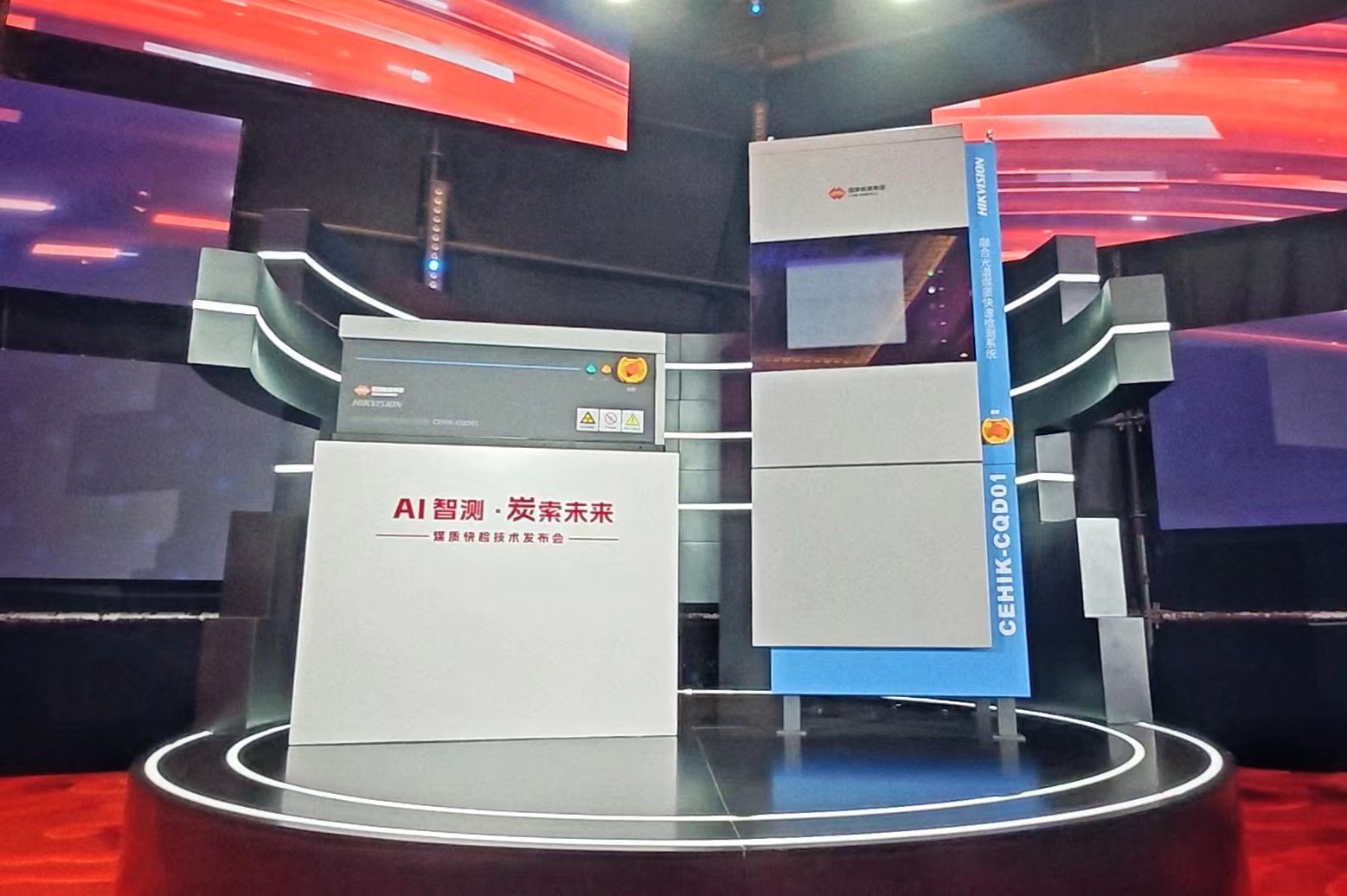
Chen Binghua, Party Secretary and Chairman of Huaneng Beifang United Power, stated at the launch event that on April 27 this year, Huaneng Beifang successfully completed the first rapid settlement of a coal transaction based on coal quality testing and belt weigher data from Shengli Energy, achieving automatic acquisition and real-time settlement of coal quantity and quality data and unmanned or minimally manned control. As of October 21, both parties had completed 4.34 million tons of settlements through rapid coal quality testing, with the difference between the settlement results and our manual testing results fully compliant with national standards. After six months of application, this not only verified the stability, efficiency, and reliability of this technology but also demonstrated the strong promotional value of the new purchase and sale model reshaped by rapid coal quality testing technology.
Currently, State Power Investment Corporation is collaborating with Hikvision to accelerate the genealogical development, product serialization, application scaling, and control system development of rapid coal quality testing technology. Following the overall positioning of "strategic control + integrated operation," it is constructing a "systematic, networked, and standardized" coal quantity and quality control system across the entire group. Through the development and promotion of standards, it is providing a common language and benchmark for technological exchanges within the industry, driving the continuous development of rapid coal quality testing technology to higher levels and accelerating industry recognition and industrialization. By the end of the year, State Power Investment Corporation plans to deploy over 80 rapid coal quality testing devices at relevant mining sites, purchased coal loading stations, and some power and coal chemical enterprises in the four major coal-producing regions of Xinjiang, Ningxia, the core area of Shanxi-Shaanxi-Inner Mongolia, and eastern Inner Mongolia, achieving coverage of rapid coal quality testing across upstream and downstream industries such as coal, electricity, ports, and chemicals.


